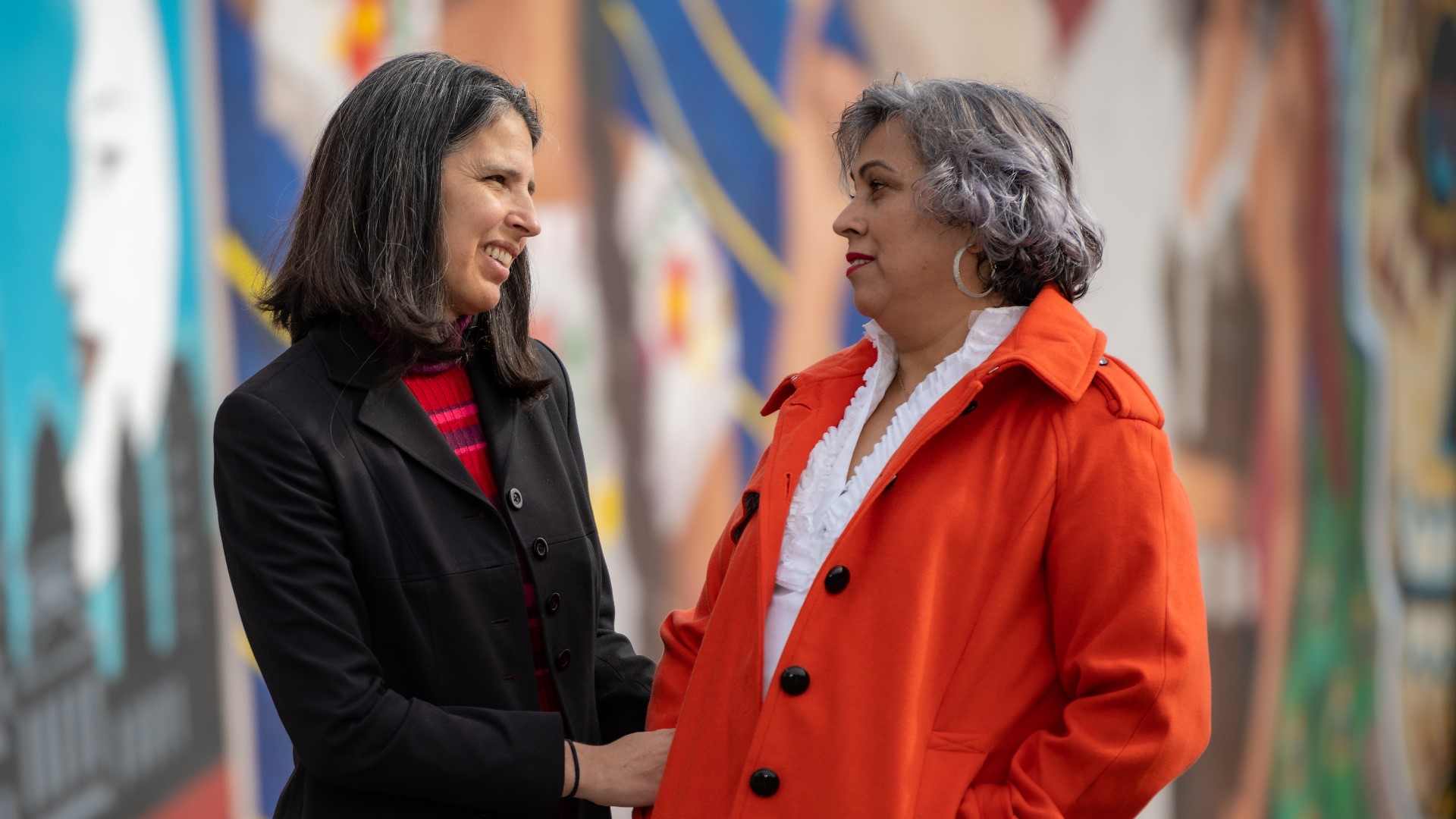CALIFORNIA, USA — Barriers to health care for Hispanic and Latina women could be costing them their lives. Experts at UC Davis said women in this group have lower rates of breast cancer compared to white women, but they are more likely to die from it.
A special team at the university is working to empower women about their breast health.
Larua Fejerman, professor in the Department of Public Health Sciences at UC Davis, the health in the U.S. can be very complicated to navigate. Once the language and cultural barriers are added, finding the right breast cancer screenings and treatment at critical stages can be even daunting.
In those situations, the promotores step in. They are trained community health educators serving as a link between the healthcare system and the community.
"They're there to kind of (serve) almost as a friend, someone they can trust," Fejerman said.
For example, mammograms and other testing might seem scary if the facts about them aren't known.
"Your breast is not gonna look like a tortilla afterwards. It's it hurts a little bit, but it's totally fine," Fejerman said.
The promotores can also talk patients through their fears.
"That promotore is their, I think, is that person who they see as themselves, and they can trust so they can get the information they need," Fejerman said.
Fejerman leads the UC Davis Comprehensive Cancer Center's "Tu Historia Cuenta" program, which in Spanish means "your story matters."
It examines hereditary breast cancer risks and screening in Hispanic women and Latinas in California. It also provides family risk assessment and navigation to services.
"Promotores are being recognized more and more as such an important link between the health system and the community," Fejerman said.
Fejerman also encouraged people to learn about the "Every Woman Counts" program, a federal program for breast and cervical health that provides free screenings and other services.
However, one thing she said people can do now that could save their life is know their family health history.
According to the university's Comprehensive Cancer Center, breast cancer in Latinas and Hispanic women may remain undiagnosed until later stages when it is more difficult and expensive to treat.
Latinas are less likely to seek genetic counseling or testing for breast cancer compared to non-Hispanic white women. They also have lower rates of mammography screening.
WATCH ALSO:



















